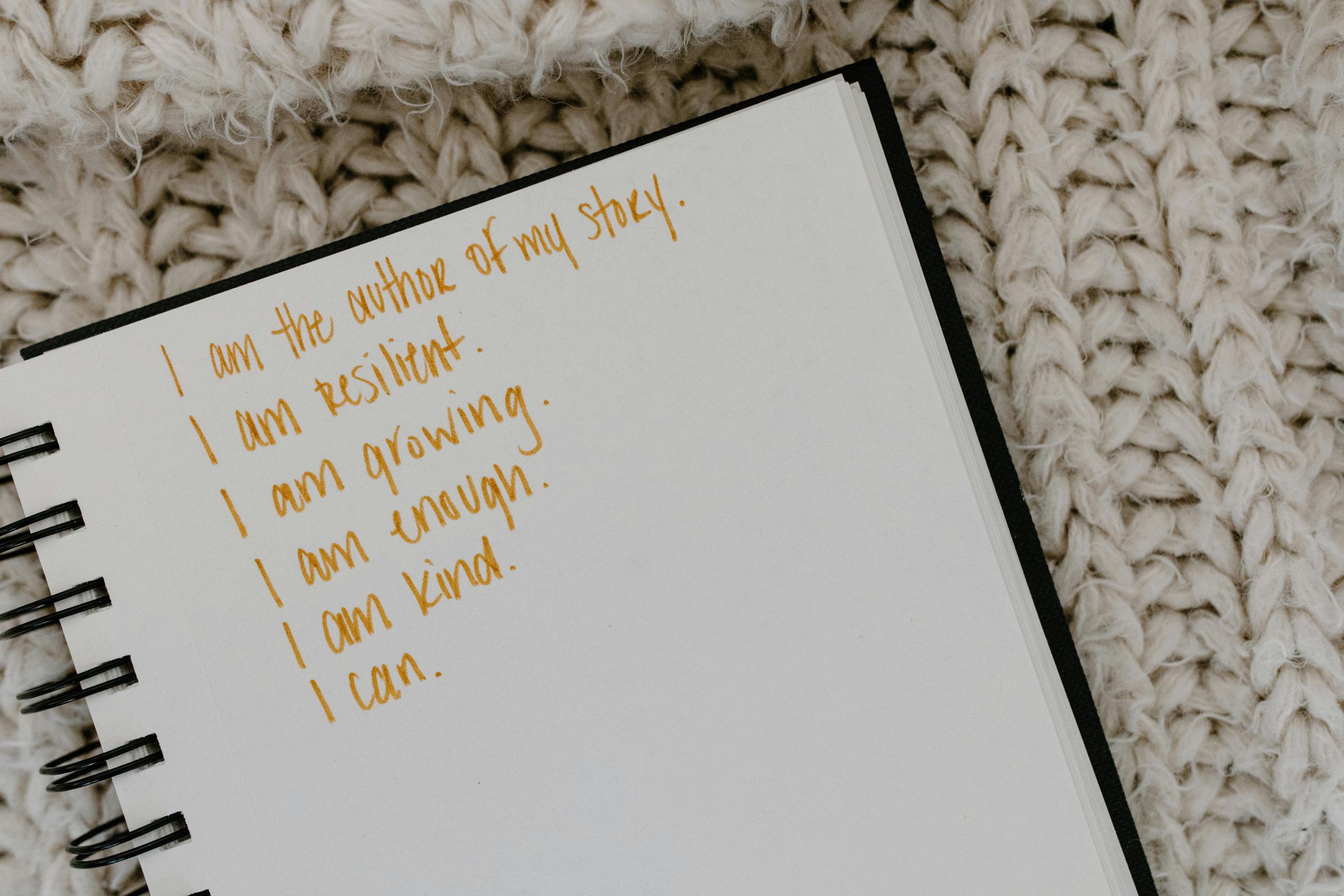Emotional resilience is a skill that can be learned and developed
The American Psychological Association defines emotional resilience as “…the process and outcome of successfully adapting to difficult or challenging life experiences…” You are emotionally resilient if you are able to bounce back from physical, mental, spiritual, or social stress.
Did you know you could learn this skill? If you feel you are still lacking in emotional resilience, commit the next month to developing grit. For each of the coming four or five weeks, practice one skill. After the month is done, circle back to your first task and start again. Eventually, with consistent practice and a determined attitude, you will find that being resilient in the midst of stress has become your default setting.
Week 1: Be Kind to Yourself
When you go easy on yourself, it affects how you react to different situations. If you constantly measure yourself against a perfect standard, each stressful situation you encounter may feel impossible to overcome. By allowing yourself to make mistakes, you are essentially saying, “I am shaken, but still okay. This stumble does not define me.”
In her book Rising Strong, research professor at the University of Houston and bestselling author of self-help books Brené Brown provides a rough guide to self-love. She writes, “To embrace and love who we are, we have to reclaim and reconnect with the parts of ourselves we’ve orphaned over the years.”
Your task for this week is simple: Love all the versions of yourself.
Week 2: Build Up Your Physical Health
Aside from boosting self-esteem, being physically well has been found to reduce anxiety and stress levels, which helps you manage tough situations.
For this week, begin a mild exercise regimen. Wake 30 minutes early so you can brisk-walk around the block or do one or two laps in a pool. Lacking access to a swimming pool, take the stairs at work or in school.
Set a consistent bedtime and waking time, and make sure you’re asleep for at least seven hours every night. Good quality sleep is crucial for overall health and well-being.
Eat a balanced diet. Have three servings of fruits and vegetables every day. Lay off the preserved meats and junk food. And hydrate; the Mayo Clinic recommends that men drink at least 3.7 liters of water every day; women, 2.7 liters.
With a healthy body comes a strong, resilient mind.
Week 3: Avoid Unnecessary Stress
Chronic stress can interfere with building resilience. For you to fully develop emotional grit, you need to first remove the overwhelming emotions that come with wave after wave of stress.
Think of it like surfing. When you’re a newbie surfer, you start on the shore, learning the right stance. When you’ve mastered how to balance on the surfboard, you take your board to the water and ride the small waves. Once you’ve mastered that, you ride the taller waves, and so on until, one day, you find yourself riding a barrel.
To effectively manage stress, you need to take it a little at a time. Try this: Every time you encounter a potentially stressful situation, ask yourself this, “Will this matter a month from now?” If the answer is no, give yourself permission to tone down your reaction. If the answer is yes, however, do your best to deal with the situation as efficiently as you can, with minimal drama. This will weed out the unnecessarily stressful situations you might otherwise experience.
Week 4: Develop a Comforting Routine
The structure and predictability of a daily routine can reduce stress and anxiety and give you a sense of control. It can also create a positive feedback loop, where your consistent healthy habits boost your mental and physical health. Consequently, having a healthy mind and body puts you in the best position to handle stress. Doing this regularly and consistently, you will also be building up your emotional resilience.
The routine doesn’t have to involve your whole day. Perhaps begin in the morning. When you wake, take a few minutes to be grateful for everything going well in your life; say thanks even for those things that aren’t going so well because they help develop your grit. Make your bed, take care of your personal hygiene, exercise, and have a healthy breakfast.
Begin with this, and slowly work your way to the rest of the day, peppering it with healthy, kind actions and thoughts.
When you’ve established a good routine that empowers you, observe how it changes your reaction to stress and obstacles. Use it to find more activities and thoughts that build you up.
Week 5: Find Your Purpose
Living with purpose provides direction and creates a life full of meaning. This boosts emotional resilience. If you have things to do that greatly matter to you, chances are, you won’t let yourself be bogged down by obstacles.
You need to take a proactive approach to find purpose. One thing you can do is volunteer for a cause close to your heart. Dedicate a few hours of your weekend caring for animals at a shelter. Teach some orphans how to make crafts. Spend some time with abandoned elderly.
Join a club or organization that makes you feel alive. The benefit here is twofold: You get to develop a skill and you meet people who share your interests. By sharing the same passion, you build a community. And if you allow it, this special group of people can eventually become your support group. Everyone needs one, especially those who are still building up their emotional resilience.
Emotional resilience is a necessary skill. It also takes time. Be patient with yourself if you feel you aren’t at that point yet of actualization. Work with determination and self-love. Everything else will fall into place.
DISCLAIMER
This article provides general information and does not constitute medical advice. Consult your healthcare provider for personalized recommendations. If symptoms persist, consult your doctor.
Photo by Tara Winstead on Pexels







